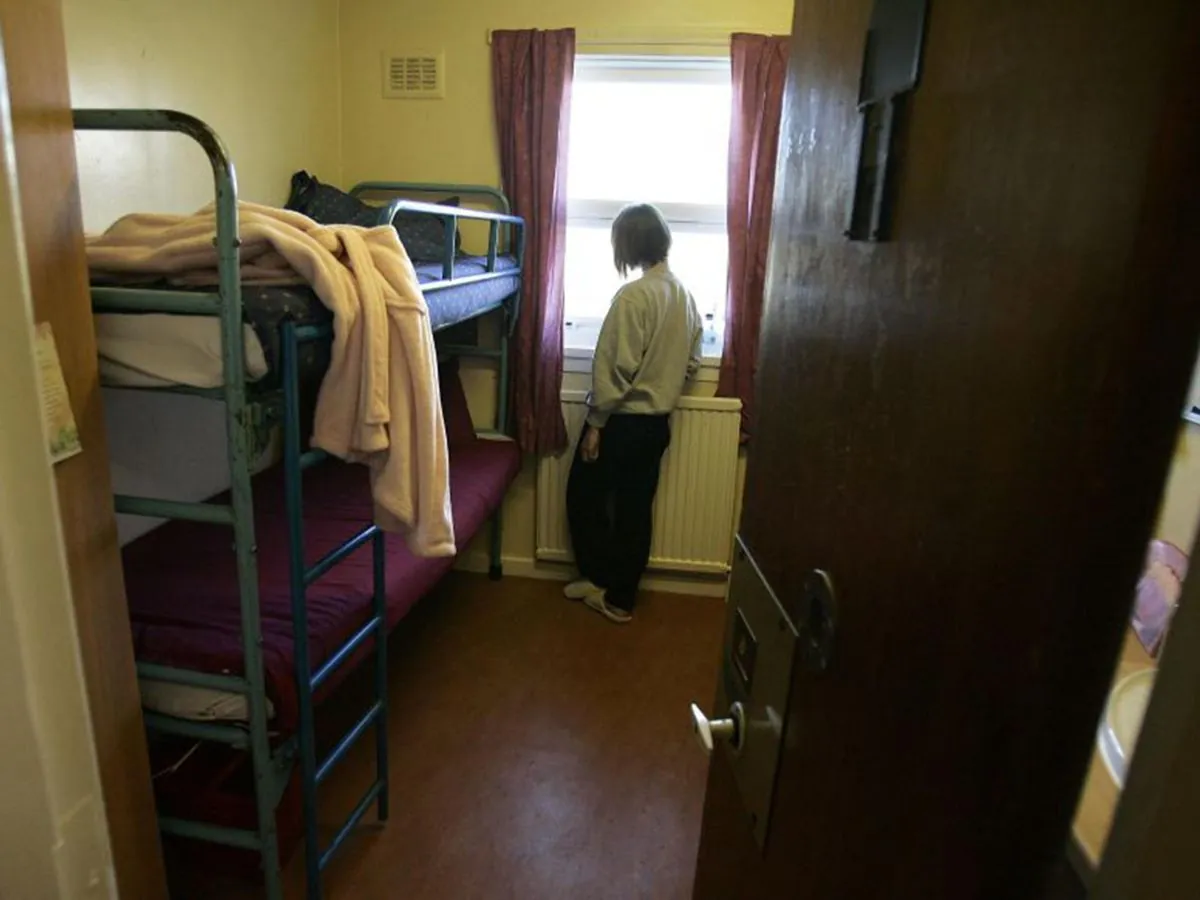UK Prisons Watchdog Warns of Risks in Early Release of High-Risk Offenders
Prison inspector raises concerns about the early release of 3,700 inmates, including violent offenders, due to overcrowding. Lack of preparation and housing pose risks of reoffending and homelessness.

The UK prison system is facing a significant challenge as it prepares to release approximately 3,700 inmates earlier than planned due to severe overcrowding. Charlie Taylor, the chief inspector of prisons, has expressed serious concerns about this measure, which aims to alleviate the pressure on the prison system.
The early release scheme, set to begin on September 10, 2024, will see about 2,000 prisoners freed after serving 40% of their sentences, rather than the usual halfway point. An additional 1,700 inmates will be released on October 22, 2024. This decision comes as the prison system reached a critical point in September 2024, with only 83 spaces remaining in men's prisons.
Taylor highlighted the risks associated with this accelerated release program:
"What you've got is a lot of people coming out in a very short period of time, where potentially the preparation – in an area where already we're critical of the level of preparation that's done – has inevitably had to be rushed. And some of these people are inevitably risky people."
The lack of adequate housing for released prisoners is a primary concern. Homelessness among former inmates significantly increases the risk of reoffending and substance abuse. The shortage of spaces in approved premises and the reduced maximum stay duration from 12 to 8 weeks further complicate the situation.

The probation service, already struggling with staff shortages and high turnover rates, faces additional pressure to prepare these prisoners for release in a compressed timeframe. This rushed process raises the risk of oversight and potential serious further offences.
While terrorist, sex offenders, and domestic abusers are excluded from the early release scheme, it will include some individuals convicted of violent offenses who have been jailed for less than four years. Taylor emphasized that many of these offenders may still pose a high risk of harm to the public.
The UK prison system has long grappled with overcrowding issues. Since the 1990s, the prison population has more than doubled, with the average length of custodial sentences increasing by about 30% since 2010. The system currently houses around 88,000 inmates across 117 prisons, costing an average of £44,640 per prisoner per year.
Despite these challenges, Taylor noted that prison staff have responded admirably to the crisis. However, he warned that the real test will come as these prisoners transition back into the community, where the compressed preparation time may lead to unforeseen complications.
The Ministry of Justice spokesperson defended the decision, stating that the new government inherited a justice system in crisis and had to take drastic measures to prevent a complete collapse of the criminal justice system.
As the UK grapples with this unprecedented situation, the coming months will be crucial in determining the success of this early release program and its impact on public safety and reoffending rates.


































